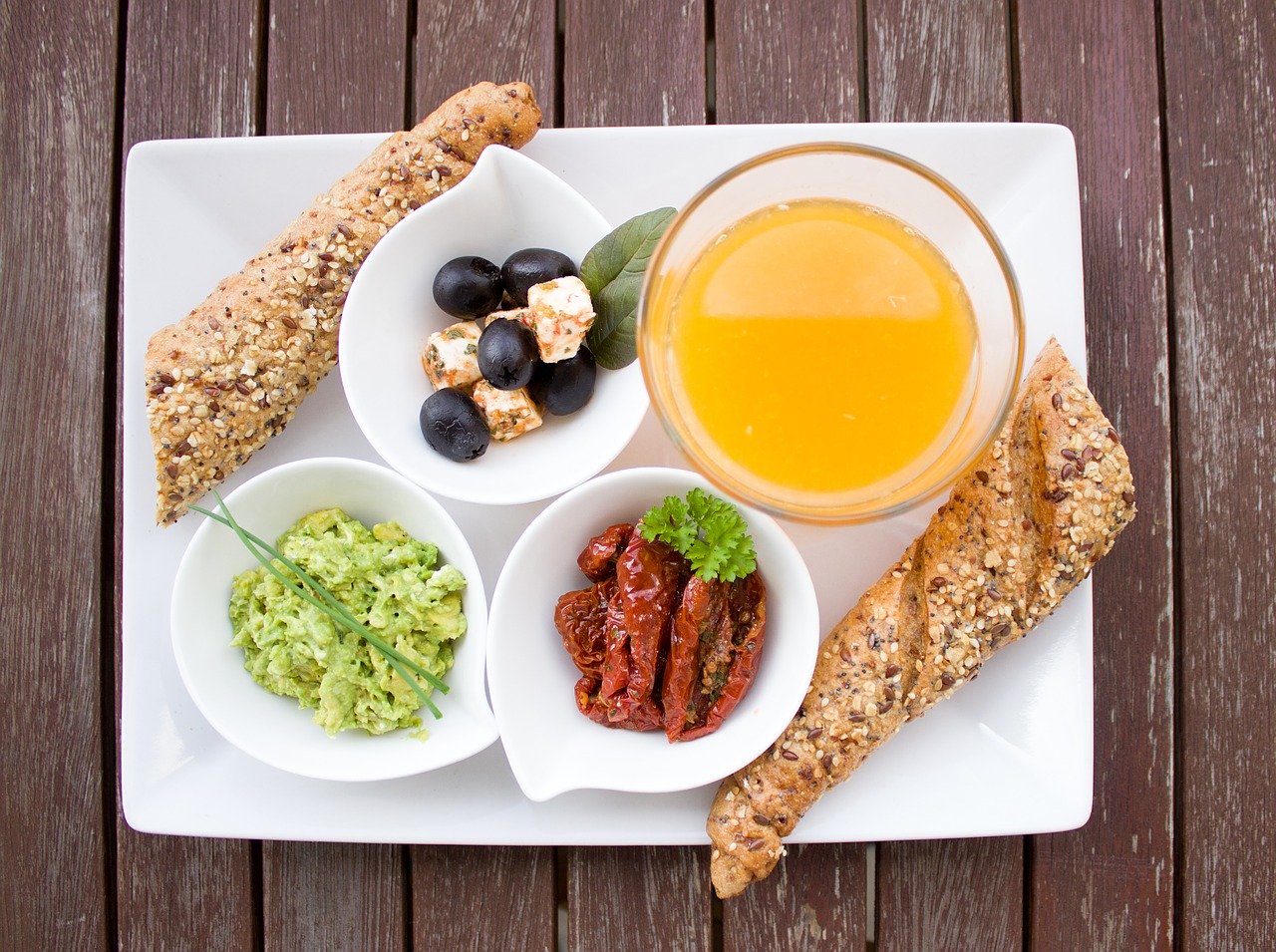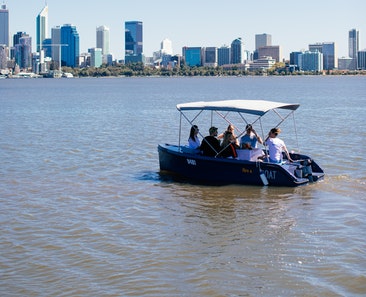How to Stay Healthy While Traveling Abroad in 2021?
Whether it’s a leisure travel or business trip, health is of paramount importance. With a healthy body and mind, you can make the most of your international travel. Here are a few proven health tips to stay healthy while traveling abroad.
Focus on Sanitization and Hygiene
It has become more important than ever before. Keep an alcohol-based sanitizer or handrub in your carry-on bag. Always buy a sanitizer prepared on WHO formulation (ethanol 80% v/v, glycerol 1.45% v/v, hydrogen peroxide (H2O2) 0.125% v/v, isopropyl alcohol 75% v/v, glycerol 1.45% v/v, hydrogen peroxide 0.125% v/v). Check the label to get the information. Sanitize your hands on a regular interval, particularly after touching any external objects or going to bed. Pay attention to the cleanliness or hygiene reviews while booking a hotel.

Schedule Time to Relax or Sleep
A hectic travel schedules may help you save time and money but can be detrimental to health. After de-boarding a long-haul flight like New York to Bangkok (flight duration 8 hour or above), consider taking rest, instead of going straight with your travel objective. If it’s a connecting flight, you may utilize the transfer time also to get a nap at your connection airport. While booking such a flight, take note of the connection airport or transfer time.

Drink Plenty of Water
Up to 60% of the human adult body is water. Water serves a number of essential functions like body temperature regulation, metabolism, transportation, lubrication, and detoxication (flushing waste mainly through urination). It also helps with absorbing shocks for brain, spinal cord, and fetus. Consume plenty of water, you can help your body to perform all without struggle. This will help all cells, tissues and organs to work at their best.
 Never Miss Your Breakfast
Never Miss Your Breakfast
Many a time, travelers skip their breakfast to catch their travel objectives. It’s a wrong practice. It not only leaves you with low energy levels and low memory but also triggers mood swings, as a result, you might not be able to focus on your things to do. If you are a frequent traveler than this one bad habit can have a severe implication on the overall health. Experts claim skipping breakfast on a route many lead to heart disease, osteoporosis, menstrual irregularity and hormonal imbalance.
 Take Vitamins and Supplements
Take Vitamins and Supplements
This doesn’t mean you have to carry tablets with you. Fruits and vegetables contain important vitamins, minerals and plant chemicals. Consuming fresh local fruits wherever you go will help you to compensate for Vitamin A, B, C, D and minerals like zinc, selenium, and magnesium. In your diet, try to have salads. Fruits and vegetables also have fiber, which are good for digestion.
 Get Exposure to Sun
Get Exposure to Sun
At airport, hotel, or moving around the destination – expose yourself to sunlight whenever you get time while traveling. UV radiation from the sun is the best natural source of vitamin D, also known as sunshine vitamin, but too much sun exposure can increase your risk of skin cancer. Vitamin D lowers high blood pressure, helps muscles, and improves brain function.
 Perform Yoga and Meditation
Perform Yoga and Meditation
Yoga takes a holistic approach. It improves the physical and mental health both. There are several Yoga poses. Child’s Pose, Downward-Facing Dog, Plank Pose, Four-Limbed Staff Pose, Cobra Pose, Tree Pose, Triangle Pose, Seated Half-Spinal Twist Pose are some of the popular ones usually recommended for beginners. Performing Yoga poses doesn’t ask for much space and time. You can perform that at airport lounge or hotel space wherever you feel comfortable. All that you do away with is shyness. Meditation is training the mind. Popular techniques are concentration, mindfulness. and rhythmic breathing (Sukhasana and Pranayama). They also help with improving sleep quality.
 Check Alcohol and Sugar Consumption
Check Alcohol and Sugar Consumption
Limit alcohol and sugar intake while traveling abroad. The alcohol indulgence leads to increased blood pressure, anxiety, headaches, sore muscles, and crankiness and may interfere with your travel goals. While on a travel, you do not get enough time to burn your calories. Hence, it’s better to limit sugar consumption, which is already linked with several diseases and health risks like heart disease, depression, aging, acne, etc.

Note: All images are from pixabay.com
Related Topic: Life After COVID-19



